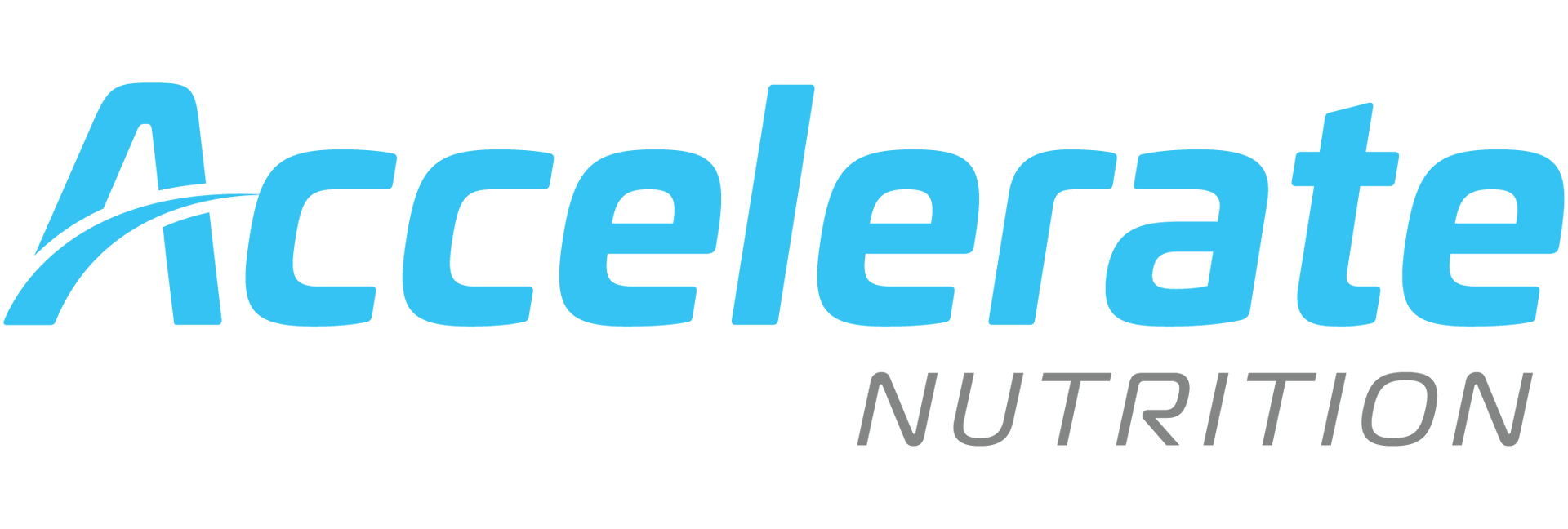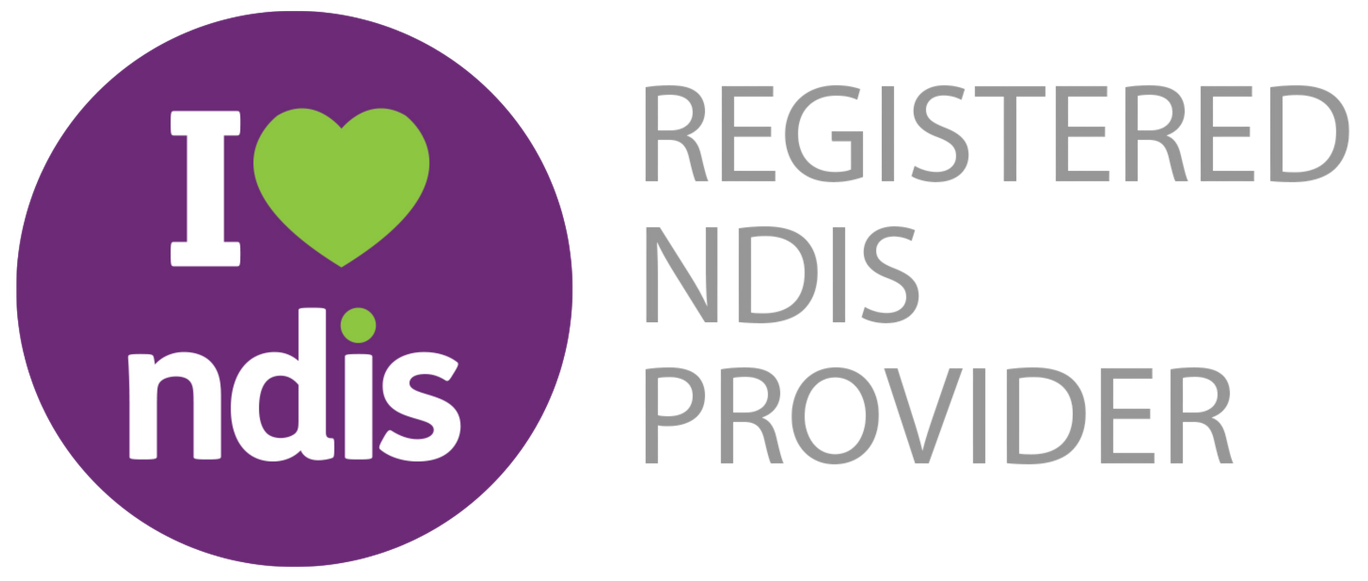Should I Take Probiotics
Probiotics are live bacteria. When taken in correct amounts they can provide health benefits to the host (you). Over the last 15 years, probiotics have exploded onto the scene. You can now obtain them in powder, capsule and drink form as well as in the traditional fermented foods such as yoghurt, kimchi, kefir and others. With so many different probiotics on the market, it can be hard to know what to take, when to take them and if you need to take them at all!
A recently published guideline by the World Gastroenterology Organisation has examined hundreds of studies that have explored the health benefits of specific strains of probiotics. This research has advanced our understanding of which probiotics could be of benefit for specific conditions. Out of this research we have created a table that highlights specific probiotics, some of the conditions they have been shown to support and where you can obtain these probiotics at the right dosages in Australia.
| Condition | Proposed Health Benefit | Probiotic Strains | Suitable Product |
|---|---|---|---|
| IBS | Improvement in IBS symptoms including pain and bloating. | Bifidobacterium bifidum, Lactobacillus plantarum and Bifidobacterium infantis | Life Space Triple Strength Probiotic NOW Clinical GI Probiotic |
| Diarrhoea Associated with Antibiotic Use | Decrease in severity and increase in rates of prevention of antibiotic associated diarrhoea. | Lactobacillus rhamnosus Saccharomyces boulardii Yogurt with L. casei DN114, L. bulgaricus and Streptococcus thermophilus and Lactobacillus acidophilus and L. casei | Farmer’s Union Greek Style Yoghurt NOW Saccharomyces Boulardii Life Space Double Strength Probiotic |
| Ulcerative Colitis | Maintenance of Remission | Escherichia coli Nissle 1917 | Mutaflor |
| Uncomplicated Diverticular Disease | Improvement in symptoms in uncomplicated diverticular disease | Lactobacillus casei | Life Space Double Strength Probiotic |
It is important to note that that during and after taking probiotics we must also consume a sufficient amount of prebiotics (food for probiotics).
Prebiotics are found mostly in high fibre plant foods such as vegetables, fruits, grains nuts and seeds. Having a wide variety of plant foods in your diet is known to optimise the health of your microbiome.
Before taking a probiotic or any other supplement, please consult an accredited practising dietitian or a medical professional.





